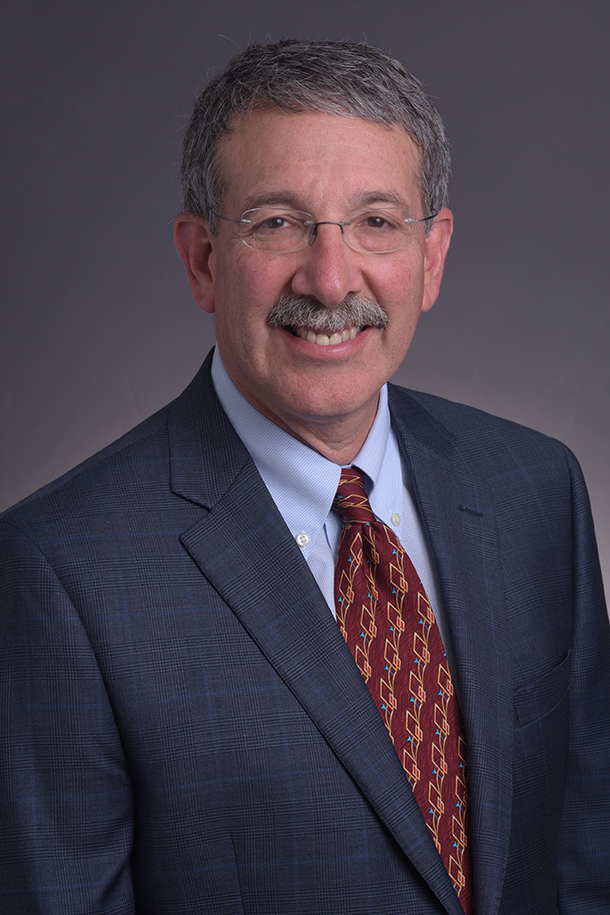An Ethical Education to Combat Opioid Abuse
Eric Wachs, D.M.D., Director of Oral and Maxillofacial Surgery

Every time you read the news, there is a good chance you will encounter a story about the opioid epidemic facing our nation. The number of people addicted to these drugs and who suffer from their consequences, including fatal overdoses, has reached crisis proportions and continues to grow. Unfortunately, many people start on the road to addiction by using narcotic painkillers prescribed for legitimate reasons.
Doctors across the medical profession have played a role in this development by over prescribing these drugs. Starting in the 1990s, pain was introduced as the fifth vital sign. Doctors were encouraged to ask patients about their pain levels and prescribed more and more opioids as a result, attempting to meet an unrealistic goal of “zero” pain.
Doctors are now actively working to remedy this trend, relying less on opioids and looking to existing and new alternative methods of pain management. But an essential weapon in our arsenal to combat the opioid epidemic is how we educate the next generation of medical professionals. Traditionally, courses on ethics and professionalism are taught in the latter part of a medical education and may not get the same emphasis and attention as other required courses.
Ethics and professionalism are essential building blocks of a medical education and are as vital as the rest of the knowledge and skills required. They should be the very first classes students take and exposure to these ideas should be incorporated throughout every year of school and beyond.
Introducing personal lectures and discussion groups, involving opioids and other subjects, and patient role-playing before actual clinical experience puts an importance on holistic patient care and not just diagnosing the medical problem.
When we place a stronger emphasis on ethics and professionalism, doctors spend more time talking to and advising patients. We can move doctors away from writing prescriptions and challenge them to find new solutions to pain management or encourage counseling regarding the proper use of narcotic medications and the risks related to opioid usage, storage, and disposal.
Educating students isn’t merely about equipping them with the facts, but also with the ability to approach difficult interpersonal situations.
This is the approach we are incorporating at Touro College of Dental Medicine. As the newest dental school in the country, we are in a unique position to develop our curriculum alongside the epidemic. Many people have their first exposure to narcotics following a dental procedure and a majority of these prescriptions are given to teenagers. We recognize that we have both an opportunity and responsibility to play a role in the solution to this problem. Our educational programs are designed with the current crisis in mind to make sure that our students are equipped with the right knowledge, skills and approach to handle and hopefully reverse it. We’re taking an important step to let our future dentists benefit their patients and the public way beyond their teeth.

